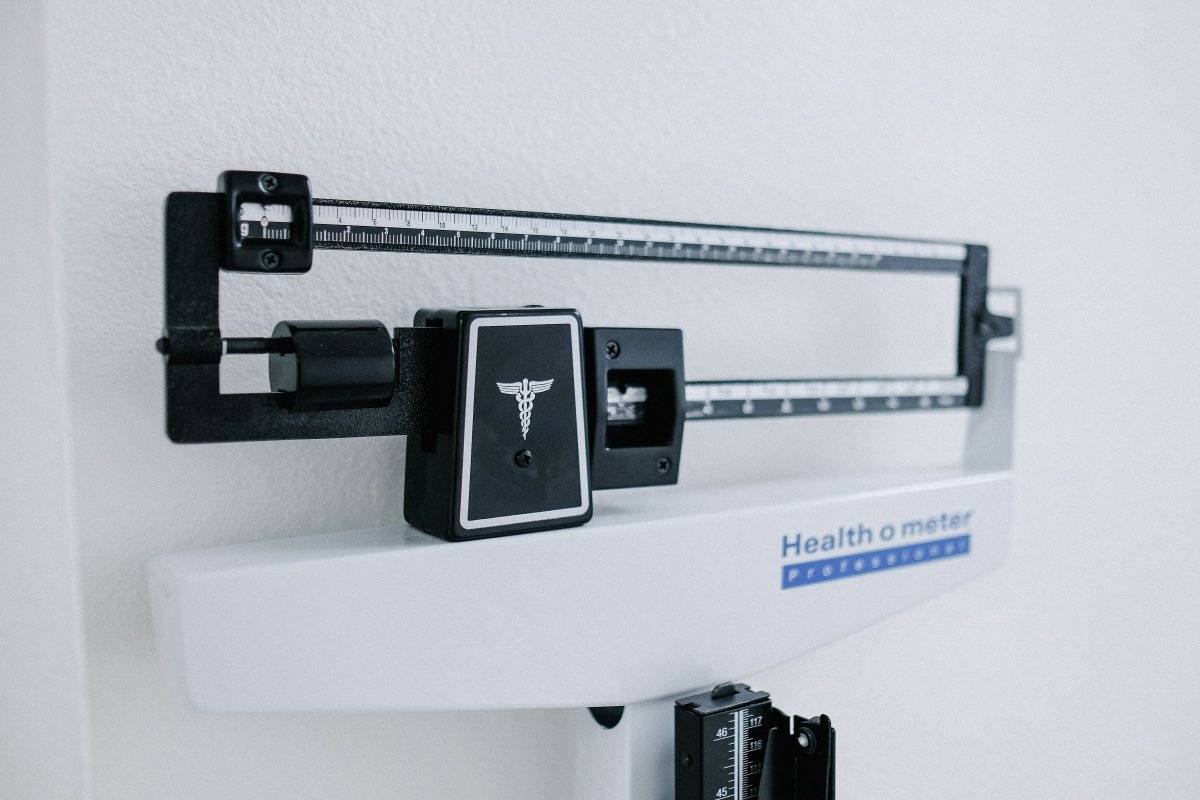It goes without saying that the digital revolution has infiltrated the way each and everyone of us lives. With over half of the worlds population now using the internet, each aspect of our lives is affected in some way by the internet. Our healthcare is no different to this. It seems like an incredibly long time ago, when the only way to access reliable healthcare knowledge was to visit your local doctor or hospital. Today, over 83% of people using the internet to search for health and medical related information and there is no doubt that for todays consumer, convenience is key.
Below we have rounded up some of the digital innovations that we think are shaping the way people access healthcare:
Social Media
In comparison to all of the incredible digital advancements in healthcare, social media may seem like a strange one. However, the ability for doctors to communicate with one another and access reliable resources from around the world is incredibly valuable. For instance, the app 'Figure 1' allows doctors to submit cases that they are unable to diagnose alone and receive advice and knowledge from fellow clinicians around the world. The app currently has around 1.5 million users and their Instagram account has over 80,000 followers, giving healthcare experts, doctors and nurses access to a rather large base of knowledge!
Teletherapy
With around 1 in 4 people experiencing mental health issues each year, demand for treatment well outweighs supply. It has been projected by the World Health Organisation that, by 2030, mental health problems (particularly depression) will be the leading cause of mortality and morbidity globally. Reports of people suffering with anxiety and depression has increased significantly in recent years and companies have started to realise the gap in the market for online therapy. These platforms allow users to access mental health therapy over the phone or using video conferencing. This means patients can attend a therapy session anywhere at any time, without having to leave the comfort of their home.
Genomic Medicine
Combining genetic testing and innovative digital tools to streamline patient care will significantly impact upon personalisation of healthcare.
Along with lifestyle and environmental factors, individual genetic make-up has a significant impact upon health and wellbeing. Genetic testing allows personal information to be utilised to identify individual risk of disease, detect and prevent illness and determine the most effective interventions to improve health.
For doctors, comprehensive genomic and diagnostic information can improve personalisation of treatment. Increasing patient involvement in their own care and offering tailored treatment plans, not only allows medical professionals to provide the highest standard of care but saves costs through avoiding ineffective prescriptions.
Although clinicians have been working to personalise care for many years, it has not been possible until recently, to understand how patients will respond to certain drugs. DNA tests can show how each individual metabolises certain drugs and nutrients, showing how receptive their bodies are to different medications. Furthermore, the early identification of diseases allows preventative treatment, whether that be lifestyle changes or a tailored treatment regimen.
The Rightangled team are attending the NHS Innovation Expo on 5th & 6th September to collaborate with doctors to elevate patient experience, drive better outcomes and improve quality of life. After receiving initial funding from NHS England, we are delighted to be attending to discuss partnerships with medical professionals to utilise genetic information to improve patient care.





Share:
What is Personalised Medicine?
The relationship between Diabetes and Genetics